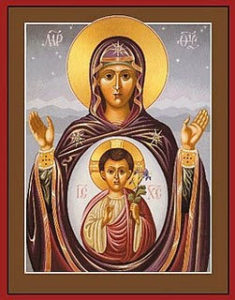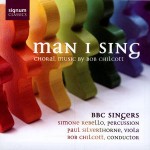Podcast: Play in new window | Download (Duration: 30:24 — 20.9MB) | Embed
Subscribe: Apple Podcasts | Spotify | Amazon Music | Android | Pandora | iHeartRadio | JioSaavn | Podchaser | Gaana | Podcast Index | Email | TuneIn | Deezer | Anghami | RSS | More

Vivian Dudro joins us once again to discuss Sigrid Undset, her life and her times, and some other works of this important author.
To say that Sigrid Undset is compelling would be an understatement. A Catholic convert, Nobel Prize-winning Norwegian novelist, her works invoke the poignancy of the fall and the hope that is found in the act of redemptive suffering. “Ida Elisabeth” is a tremendous work. Great literature helps us practice the virtues. We may never encounter the situations the characters do, but watching how they navigate through the emotions and morals of the moments, help us to exercise our own virtues and responses to the underlying sin that propels the characters forward…and helps us to avoid recognize in some way the traps laid before us.
 You can find the book here
You can find the book here
 “Undset is a realist in the truest sense of the word. She sees the real world in which people face the bitter consequences of selfish choices and in which suffering is unavoidable and yet potentially redemptive. In her acclaimed historical fiction, Undset shows us that the acceptance of suffering is the beginning of wisdom and also, paradoxically, the path to peace and lasting joy.”
“Undset is a realist in the truest sense of the word. She sees the real world in which people face the bitter consequences of selfish choices and in which suffering is unavoidable and yet potentially redemptive. In her acclaimed historical fiction, Undset shows us that the acceptance of suffering is the beginning of wisdom and also, paradoxically, the path to peace and lasting joy.”
– Joseph Pearce, Author, The Quest for Shakespeare

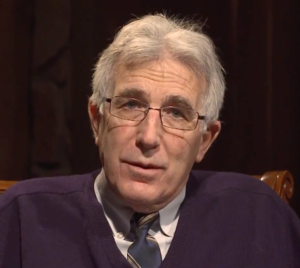
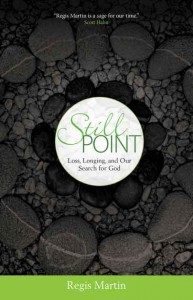

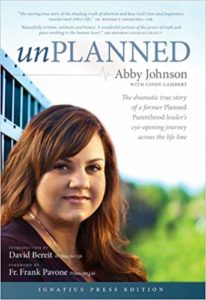
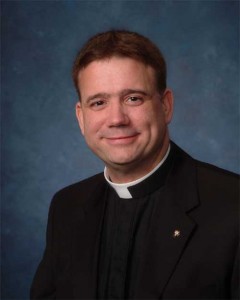



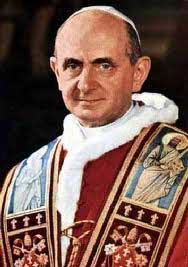
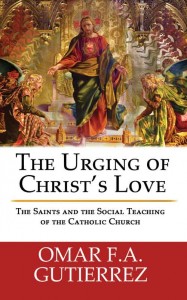
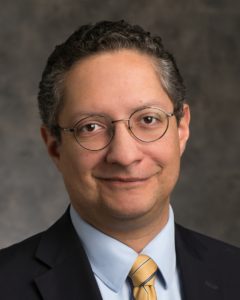
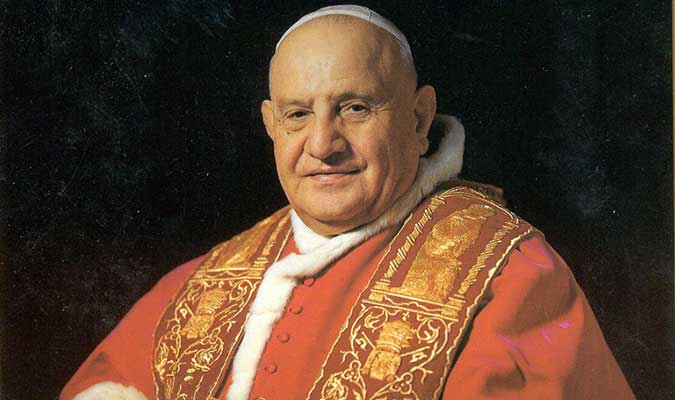
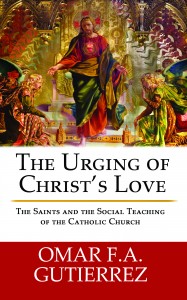

 Born c. 251
Born c. 251